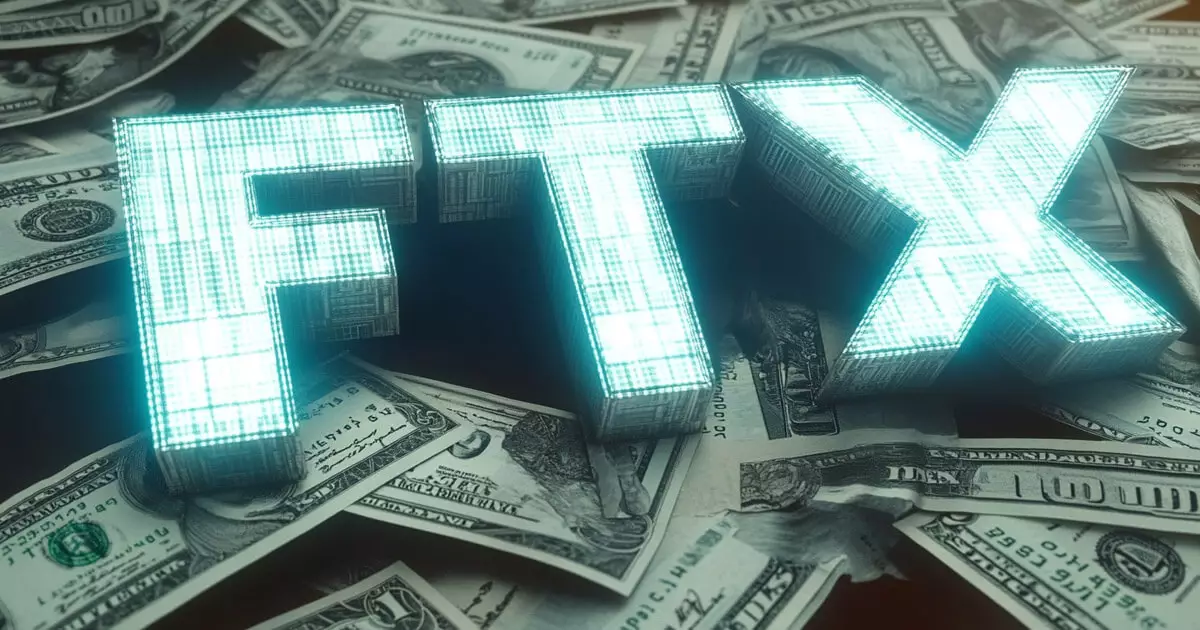The FTX cryptocurrency exchange, once celebrated as a titan in the digital financial landscape, now finds itself in a precarious position following its disastrous collapse in November 2022. The ensuing bankruptcy proceedings have been nothing short of tumultuous, marked by chaotic asset management and extensive legal battles. As part of this long and arduous process, the announcement on February 18, 2024, that funds will be disbursed to small creditors marks a significant milestone. This development not only affects those directly involved but also encapsulates the broader implications of the FTX debacle on the cryptocurrency sector.
For creditors with claims classified as “Convenience Class” — valued at $50,000 or less — the upcoming refund represents a key turning point. The Joint Official Liquidators (JOLs) have confirmed that these claimants will not only receive the full amount owed but also an additional 9% interest per annum from the time of the exchange’s filing for bankruptcy. This decision to prioritize smaller creditors amidst a convoluted financial mess reflects a commitment to fairness and recognition of the vulnerabilities faced by individual investors in the cryptocurrency market.
However, to benefit from this payout, eligible claimants must proactively confirm their BitGo account details through the FTX Digital Claim Portal. This requirement underscores the complexities involved in recovering funds from a system plagued by operational mismanagement. While the allocation demonstrates a responsible step toward creditor restitution, it reminds us of the tedious process that individuals must navigate to reclaim their financial investments.
Remaining Challenges: Larger Creditors at a Crossroads
While some creditors breathe a sigh of relief, larger investors — including institutional players and venture capitalists — continue to grapple with a labyrinth of legal challenges that complicate the resolution of their claims. The proceedings under the watchful eye of CEO John J. Ray III emphasize asset recovery and legal accountability for FTX’s previous executives accused of misappropriating funds. The stark difference in experiences between small and larger creditors illuminates a troubling disparity, revealing the chaotic nature of FTX’s bankruptcy proceedings.
The delays faced by larger creditors speak volumes about the intricate entanglements of financial and legal issues that remain unresolved. Institutions and investors await clarity on the recovery of assets amidst ongoing litigation, which involves detailed negotiations and discussions over the remaining funds. The labyrinth of legalities further complicates the path to restitution, raising concerns about the integrity of the recovery process and the risk of further losses for those who entrusted their capital to FTX.
The collapse of FTX serves as a stark reminder of the vulnerabilities inherent in the cryptocurrency sector. Following the scandal, where mismanagement and misuse of customer funds by Alameda Research — a closely linked trading firm — sent shockwaves throughout the market, the repercussions of this event have been profound. As the cryptocurrency industry contends with the aftershocks, questions regarding regulatory measures, operational transparency, and investor protection are now at the forefront of discussions.
The case has propelled a wave of scrutiny towards regulations governing digital exchanges, prompting both governmental agencies and industry players to reevaluate standards that ensure investor security. The fallout from FTX also emphasizes the critical need for systems that foster accountability among exchange operators. With the conviction of Sam Bankman-Fried on multiple counts of fraud, the legal landscape surrounding cryptocurrency is evolving, aiming to mitigate similar incidents in the future.
Though the distribution of funds to small creditors offers a glimpse of justice, a sense of uncertainty continues to loom over FTX’s overall bankruptcy proceedings. The battle for larger claims remains fraught with complexities, and the path to recovery is still fraught with challenges. Ultimately, the lessons learned from the FTX fiasco may serve as both a warning and a catalyst for change, driving the cryptocurrency industry to adopt more robust measures that protect investors. As FTX navigates through its liquidation plan, the unfolding narrative will undoubtedly shape the future landscape of digital finance, underscoring the paramount importance of trust and accountability in a rapidly evolving marketplace.

